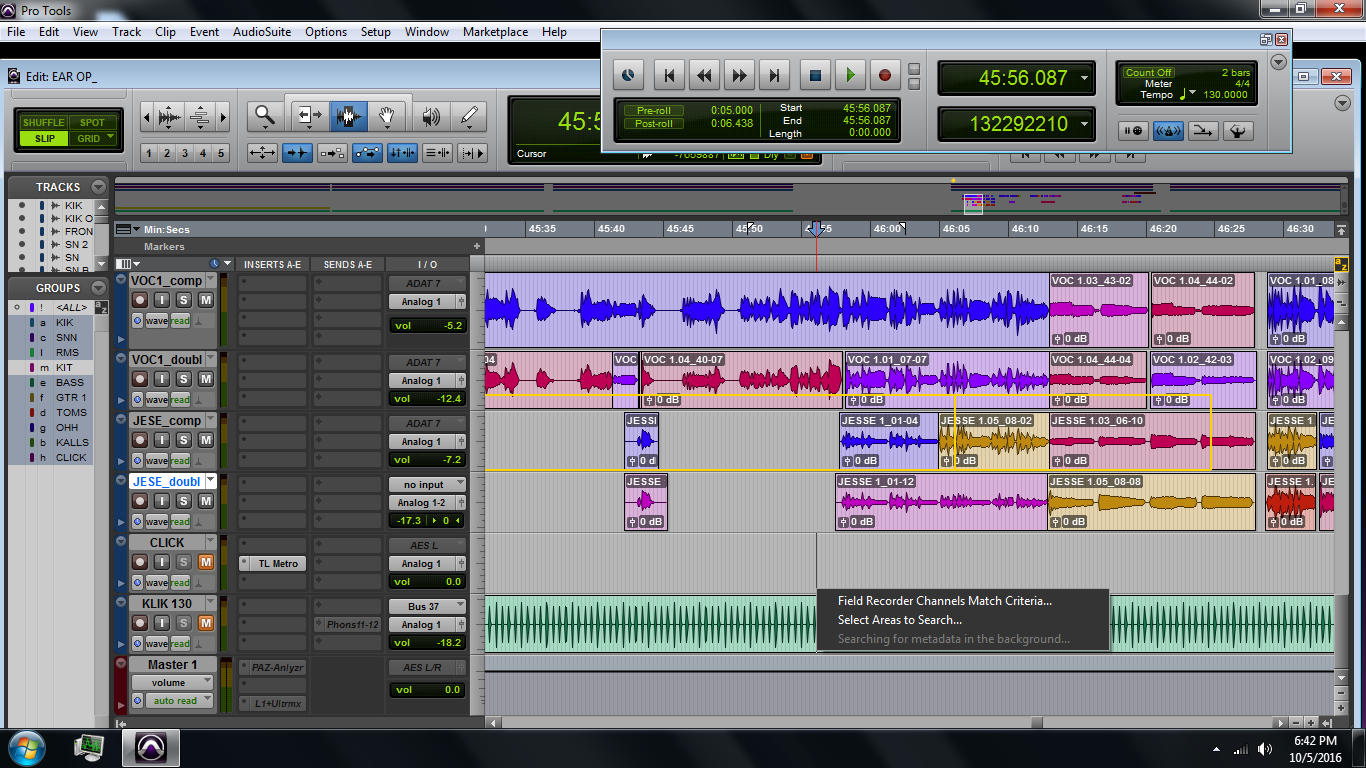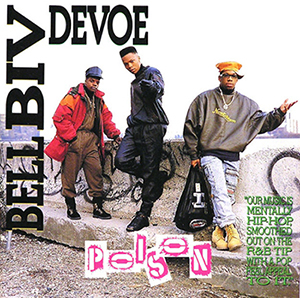
A very musical weekend was had by all in our nation’s capital. Since America[1] doesn’t have herself a proper opera house, she goes in for those large outdoor musical festivals like Woodstock ‘99, Occupy 0’11, and the three-day Toby Keith concert rocking the past weekend in D.C. And as a drummer, I couldn’t help but jam along at home!
There were the usual American protest songs heavy with down-beats (like a psychotronic dance craze), four of which were on the floor, and they all seemed to be set to a faster tempo than the usual 120 BPMs (as if to forgo the cut-time clock-beat, because we all know clocks have been reporting fake time). The tempos were undeniably faster all around the world, often resulting in a shuffle or full-fledged funk. Of course, the pitches were higher too, because of all the women.
Everyone was armed with musical weaponry of some kind. The protestors employed plain chants of the LeBeoufian persuasion[2] and seldom ventured into old-school pentatonics. A dozen different genders performed call-and-answer routines just like the equatorial birds do (except it’s not supposed to be sexy here). And the State responded with sound cannons (for whoop whoop is the sound made by police) and the memers had their Shadilay’s and USA’s. It was as though everyone was in a yooge musical number, or a Girl Talk-style mash-up.
‘90s-rockers—-3 Doors Down—-headlined the event but were publicly shamed into performing their 2000 hit “Kryptonite”. Many alt-rock fans who held out for the Trump campaign-trail promise of generic, electric guitar-tapping (like it was in the Reagan-Eighties) were sorely disappointed by actual songs with words.
The old standby’s were there, including “Hey Hey Ho Ho” (which I always thought was racist, until I recently learned ho has a nautical meaning) and “Women United”, appropriated[3] from the Spanish tune, “El Pueblo Unido”. Click on the two staffs of the score below to listen. Try to notice the slight rhythmic difference.
Las Chicas Unidas
With the exclusion of the masculine article El, the new version has lost a step. Vanilla Ice would be quick to point out the lack of a pickup beat. The result is a stronger emphasis on the masculine down-beats, while adding plenty of rest at the end of the measure to ad-lib, which is always fun.
However, not everything over the weekend was lifted from Soros-funded songbooks. There were some brand new tunes, such as the popular “Pussy Grabs Back” and “This Pussy Votes”, both of which hark back to Los Doggies’s early-Ween period. (Listen to such yonic classics as “Vulva” and “I’m Just An Elf Who Eats Undergarments”.)[4]
Warning against the dangers of vagina dentata, “Pussy Grabs Back” packs a punch in only a single measure.
This one is funky at faster tempos. Some remixes have placed the “pussy” on the off-beat to give it an even funkier syncopated feel and I commend them.
“This Pussy Votes” follows a retrograde rhythm of “Pussy Grabs Back” almost like they are sister pussy-tracks.[5]
For some reason, the American people don’t clap anymore, at least not at these things. One would expect some clapping on the ones, but clapping has fallen out of favor (for being drummist) and has been replaced with snapping, or better yet, nothing. The lack of any definite rhythm or noisemakers makes it much easier to sample the crowds. Fly my widgets!
Meanwhile, the Elites were chanting things of an wholly different cloth—dark, Latin things set to reverse music. Hails to Satan. Howls to Moloch.[666] Hymns to Lucifer and Los. They played a pipe organ upside down, but the pipes were actually tubes and the organist was a hundred monkeys who stumbled upon Bach. Instead of singing, they farted melodically out of their Anus of Providences. They played mouth-harps with their noses. The remaining members of The Dead were there too. It was good Saturnalian fun.
—
Notes:
[1] “America,” is of course the feminine form of Henry (she’s a shapeshifter), and so I will periodically refer to her as Henrietta (when I’m feeling romantic, or Eye-talian), while simultaneously respecting the hell out of her pronouns: Miz, Herr, and Mama.
[2] Yeah, that’s my boi, Shia!
[3] Just as American rock music ripped off the Brits, most of the D.C. melodies were Tavistock rip-offs.
[4] Go ahead—listen if you dare!
[5] Shout out to the late artist formerly known as Prince—master of the pussy-track.
[666] Moloch, whose love is oil and stone! Moloch, whose bread is blood and butter!









